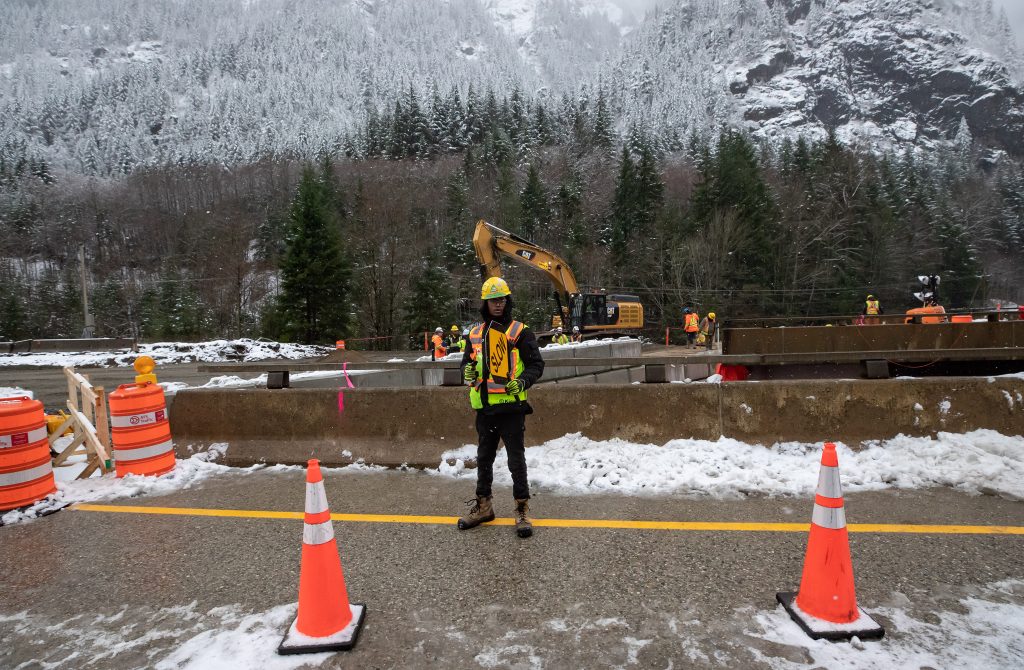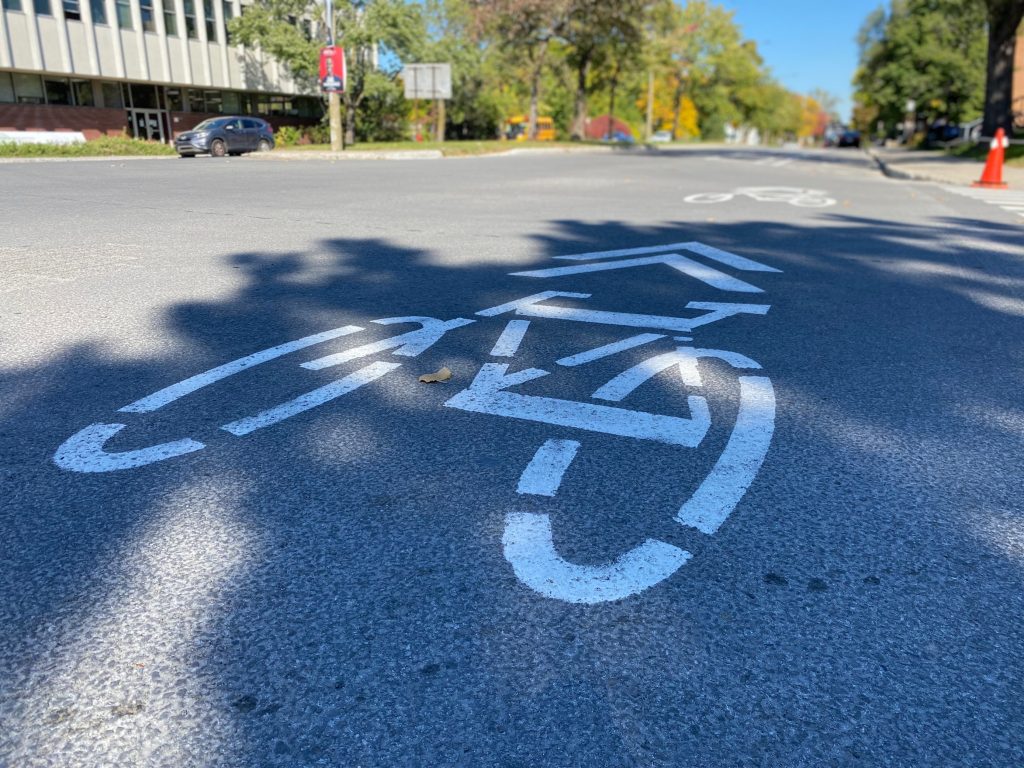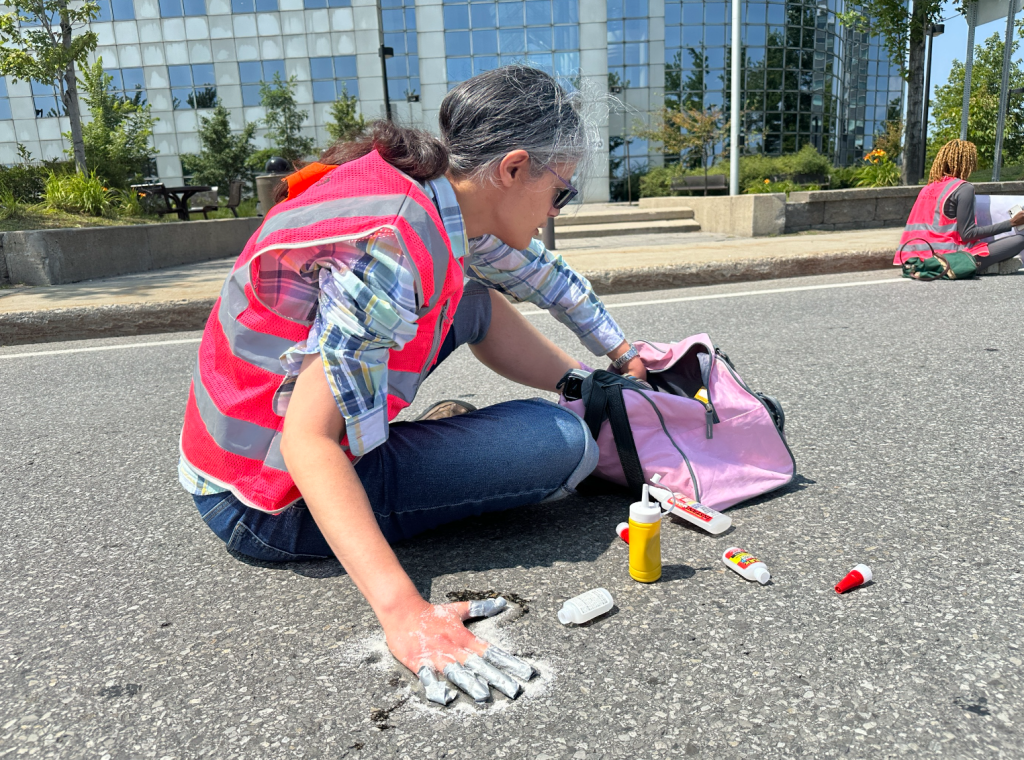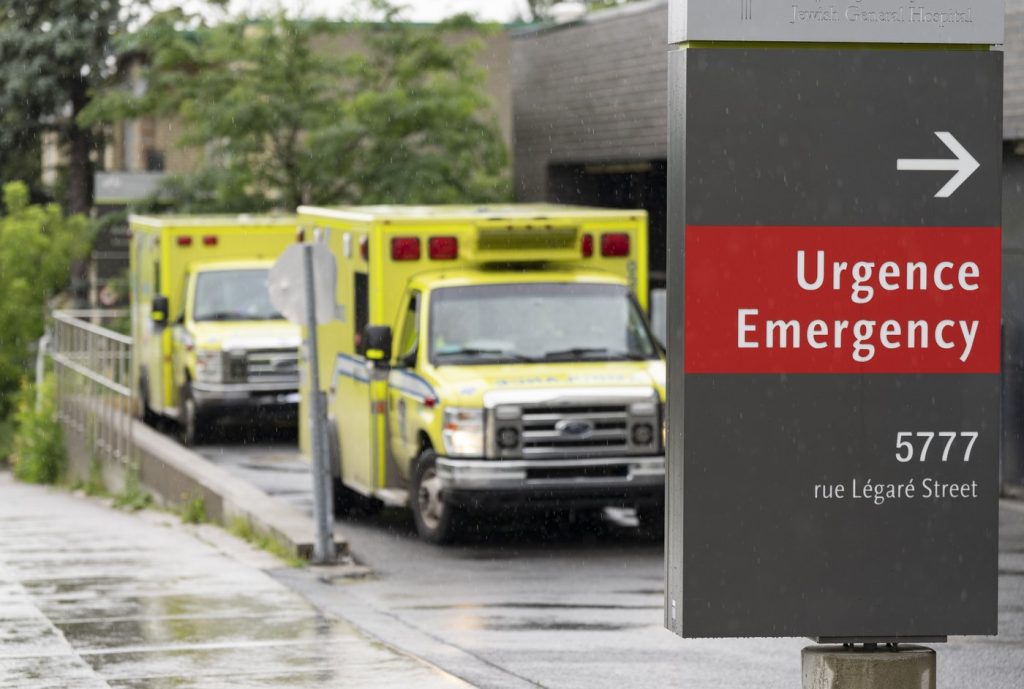Traffic signallers must be better trained: Quebec’s Administrative Labour Tribunal

Posted May 15, 2024 10:56 am.
Last Updated May 15, 2024 11:01 am.
Quebec’s Administrative Labour Tribunal ruled that traffic signallers are “exposed to multiple dangers” and that as a result, they will have to undergo more in-depth training in health and safety at the construction site.
Administrative judge Yolande Bernier ruled in favour of the Steelworkers union, which represents traffic signallers, as well as the Commission for Standards, Equity, Health and Safety at Work (CNESST) which advocated for more in-depth training for these workers in health and safety on construction sites.
The employer, Signalisation de l’Estrie, argued that traffic signallers did not work “on” construction sites, but “around” construction sites. According to the employer, they were therefore not required to take the General Health and Safety on Construction Sites course.
The employer’s representative argued that “the requirement to follow the 30 hours of the General Health and Safety on Construction Sites course, spread over two weekends, would cause recruitment difficulties, since it would discourage candidates from applying as a traffic signaller,” the ruling states.
The employer also explained that the training given to traffic signalers lasts approximately three hours, online, given by the Association québécoise des transports, and that it must be renewed every three years. The employer claimed to also have a five-day training and support program on ongoing construction sites.
After hearing the evidence, the Court ruled that these workers needed to be better trained, given the risks to their safety.
These are not only subject to the dangers posed by road users, but also to those linked to “the presence of trucks and heavy machinery entering and leaving the site, which pass close to road flaggers,” Bernier found.
“The Tribunal considers that traffic signallers are exposed to multiple dangers around the work zone and exempt the employer from its obligation to ensure that they have followed the General health and safety course on construction sites would go against the purpose of the LSST (Occupational Health and Safety Act).”
It concludes that traffic signallers carry out their work on a construction site and “therefore must follow the General Health and Safety on Construction Sites course.”
The Tribunal even encourages the industry to take more initiative in this area. “It would be interesting if those involved in the road signaling sector worked to develop specific training for road traffic signallers in order to reduce their exposure to the dangers they face.”
Telephone line
In the same vein of security issues, the Steelworkers union, affiliated with the FTQ, announced Wednesday the launch of a telephone line to report security breaches.
The 1-833-428-1608 line is open for both citizens and workers in the sector, from 6 a.m. to 8 p.m. from May 15 to October 15. People must identify themselves to ensure their credibility.
The situations that may be reported include the absence of traffic signs or cones around a road construction site, and broken equipment, for example.



